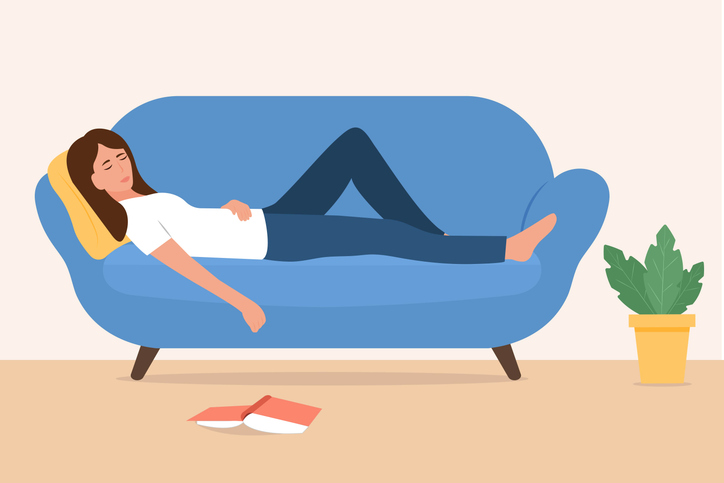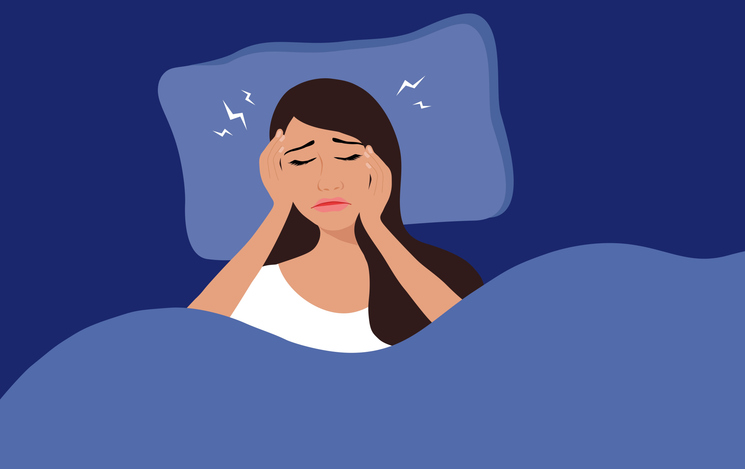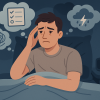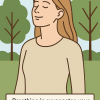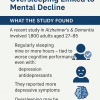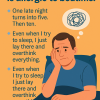Napping
The Surprising Power of Naps
Boost Your Brain with Just a Quick Rest. Did you know a short nap can significantly enhance your mental sharpness, memory, and mood?
Research confirms that even a quick, 10-minute power nap can profoundly influence cognitive abilities and improve mood, effectively combating that dreaded afternoon slump (Systematic review and meta-analyses on the effects of afternoon napping on cognition).
Boost Your Brainpower with Naps
Sharper Attention and Faster Thinking: A meta-analysis of 54 studies revealed that brief naps noticeably boost vigilance, memory, and mental processing speed—even among people who had adequate sleep the night before. Both habitual and occasional nappers benefit from improved mental acuity (ScienceDirect).
Better Memory and Learning: Napping helps our brains encode new information and consolidate memories, making them stronger and more durable. A 2018 study even found that students who napped retained information better than those who relied on cramming (Sleep Journal).
Brain Health: Another large-scale study (2023) involving nearly 380,000 participants linked habitual daytime napping to slightly larger total brain volume, although the benefits didn't extend specifically to the hippocampus (Sleep Health Journal).
The Napping Paradox
Interestingly, while short naps are beneficial, excessively long or frequent naps might signal underlying health problems. A 2024 meta-analysis of 44 studies revealed habitual daytime napping could be linked to increased risks of cardiovascular and metabolic diseases and overall mortality—though naps shorter than 30 minutes weren't associated with these risks.
Tips for the Perfect Nap
Here's how to maximize your nap benefits:
⏳ Aim for a 20-30 Minute Nap:
Avoid deep sleep (which starts after about 30 minutes) to minimize grogginess upon waking, known as "sleep inertia." Experts suggest shorter naps reduce sleep inertia while still offering restorative benefits.
🕑 Consider Nap Timing:
Nap when your body naturally feels sleepy—usually in the early afternoon—to align with your circadian rhythm and maximize alertness.
Include Sleep Onset Time:
Allow an extra 10 minutes when setting your alarm to account for the time it takes to actually fall asleep.
Good Nap Hygiene:
Create an environment conducive to rest—quiet, dark, and cool. Consider using eye masks, earplugs, or white-noise machines to minimize disruptions.
☕ Try a "Nappuccino":
Drinking caffeine just before napping can prevent sleep inertia. Caffeine takes about 20 minutes to kick in, aligning perfectly with the duration of a short nap. However, be cautious—individual responses to caffeine can vary.
Takeaway: Remember, naps are not replacements for consistently inadequate nighttime sleep, but they can be a strategic tool for short-term rejuvenation. So next time your energy dips, embrace the power of a quick nap for better cognition and mood! 🌟

